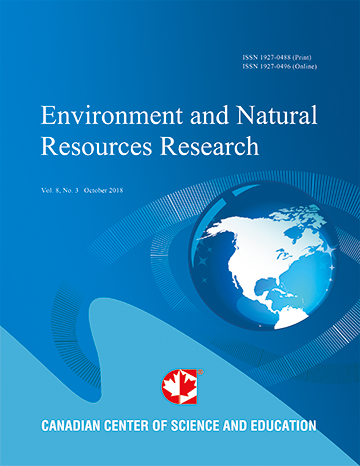Assessment of Water Supply Services and Operational Performance of Asmara Water Supply Department (AWSD) for Development of Decision Support Tools
- Kahsay Zeraebruk
- Alfred Mayabi
- John Gathenya
- Zemenfes Tsige
Abstract
Achievement of Millennium Development Goals (MGDs) for water and sanitation requires significant investment, effective management, and participation of all stakeholders. This is especially highly challenging in low-income countries where utility inefficiencies due to limited infrastructure and absence of effective management system are still most prevalent. The problems of inadequate water and sanitation service provision in cities of developing countries are exacerbated by high growth rate in urban population. The proportion of the world’s population that lives in urban areas has increased from 43% in 1990 to 50% in 2008 (UNICEF/WHO, 2011). Asmara is the capital of the state of Eritrea and the administrative centre of the Central Region, and Asmara Water Supply Department (AWSD) is the only public utility responsible for water and sanitation services in the city and surrounding areas. Similar to most public water utilities in sub-Saharan Africa, AWSD has been facing financial and technical constraints due to an inefficient management and operation systems resulting from lack of qualified personnel, low tariffs, high non-revenue water (NRW), over staffing, poor consumer records and inefficient billing and collection practices. The problems were further exacerbated by the limited available water resources, aging infrastructure, lack of human resource development program, and lack of an effective planning and management system. This study aims in building a system of performance measurement, monitoring and analysis, and benchmarking practices to promote development of decision support tools to improve the management and operational process of the utility. The analysis of selected performance indicators showed that the water services provided by the water utility were unsatisfactory due to various factors such as, low service coverage, intermittent mode of water distribution, long-period of cut-offs, and poor management and customer care services. The results of this study emphasize the urgency of wide-ranging reforms needed by the decision makers in Asmara in order to achieve effective, efficient and sustainable water supply system.
- Full Text:
 PDF
PDF
- DOI:10.5539/enrr.v4n4p208
Journal Metrics
Google-based Impact Factor (2016): 6.22
h-index (November 2017): 12
i10-index (November 2017): 19
h5-index (November 2017): 11
h5-median (November 2017): 12
Index
Contact
- Emily LinEditorial Assistant
- enrr@ccsenet.org
